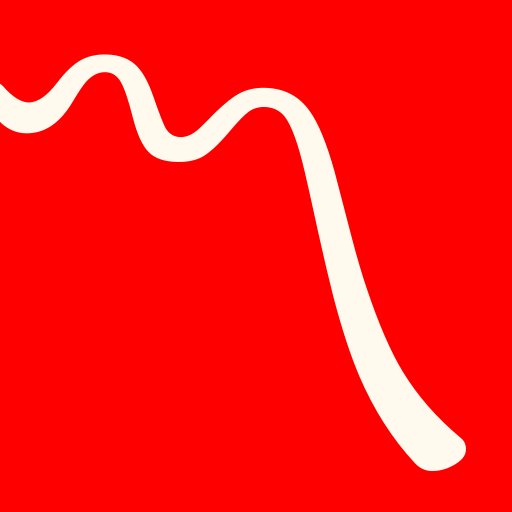Nasal mucus; on the very tip of the nose, sunset afterglow still lingers
水洟や鼻の先だけ暮れ残る
mizubana ya hana no saki dake kurenokoru
(Akutagawa Ryūnosuke 芥川龍之介)
*
The verb kurenokoru refers to something being lit by the afterglow that lingers in the sky for a while after the sun has set. In the poem, the redness of the runny nose is likened to this kind of faint, indirect light.
